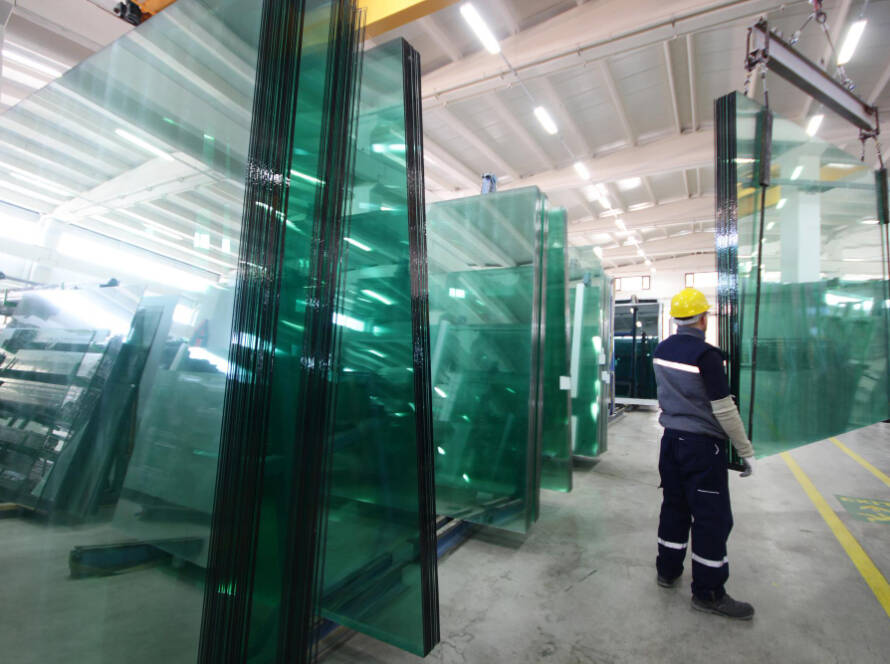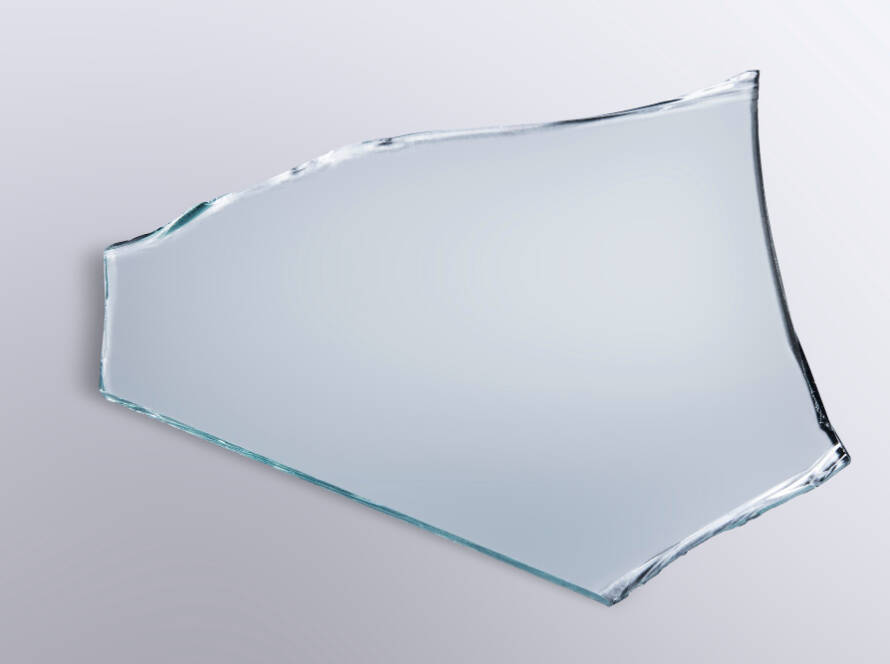Unlocking the Superiority of Toughened Glass: A Comprehensive Exploration of its 10 Key Benefits
Toughened glass, hailed for its exceptional strength, safety, and versatility, stands as a cornerstone of modern engineering and design. Beyond its transparent facade lies a myriad of benefits that make it a preferred choice across various industries and applications. In this detailed blog, we embark on a comprehensive journey to unravel the superior qualities of toughened glass, exploring ten key benefits that set it apart from conventional glass materials.
1. Enhanced Safety

Toughened glass undergoes a rigorous tempering process that imparts superior strength and durability. In the event of breakage, it fractures into small, blunt pieces, minimizing the risk of injury compared to sharp shards produced by standard glass. This enhanced safety feature makes toughened glass an ideal choice for applications where human interaction is involved, such as doors, windows, and balustrades.
2. Increased Strength
Through controlled heating and rapid cooling, toughened glass achieves higher tensile strength and resistance to impact than ordinary glass. Its ability to withstand considerable force makes it suitable for demanding environments where safety and durability are paramount, such as automotive windows, industrial enclosures, and structural glazing.
3. Improved Durability

Toughened glass exhibits remarkable resilience against scratches, thermal stress, and environmental factors. Its robust construction ensures long-term performance and functionality, reducing the need for frequent replacements and maintenance. Whether used in residential, commercial, or industrial settings, toughened glass maintains its clarity and integrity even in the face of adverse conditions.
4. Optimal Security

The inherent strength and shatter-resistant properties of toughened glass make it an effective deterrent against forced entry and vandalism. It serves as a reliable barrier that enhances the security of buildings, vehicles, and valuable assets. From storefronts to residential entryways, toughened glass provides peace of mind while maintaining visibility and aesthetic appeal.
5. Versatile Applications

Toughened glass finds application in a diverse range of industries and settings, thanks to its versatility and adaptability. From architectural glazing to consumer electronics, it serves as a fundamental building block in countless products and structures. Whether used for aesthetic embellishment or structural reinforcement, toughened glass offers endless possibilities for creative expression and functional enhancement.
6. Aesthetic Appeal

Beyond its practical benefits, toughened glass adds a touch of elegance and sophistication to any space. Its sleek and transparent appearance creates an illusion of openness and lightness, enhancing the visual appeal of architectural and interior design elements. From minimalist interiors to contemporary facades, toughened glass complements a wide range of aesthetic preferences with its timeless beauty.
7. Unobstructed Views

Toughened glass balustrades, partitions, and windows provide unobstructed views of the surrounding environment, fostering a sense of connection with the outdoors. Unlike solid barriers, glass elements allow natural light to penetrate and views to extend, creating a seamless transition between interior and exterior spaces. Whether overlooking urban landscapes or natural vistas, toughened glass enhances the sensory experience of the built environment.
8. Easy Maintenance

Despite its impressive durability, toughened glass requires minimal maintenance to preserve its clarity and functionality. Routine cleaning with mild detergent and water is usually sufficient to remove dirt, smudges, and other contaminants. Unlike porous materials such as wood or metal, toughened glass is non-absorbent and resistant to corrosion, simplifying upkeep and prolonging its lifespan.
9. Environmental Sustainability

Glass is a recyclable material that can be infinitely reprocessed without loss of quality or performance. As a result, toughened glass is inherently sustainable and environmentally friendly, contributing to resource conservation and waste reduction efforts. By choosing toughened glass products, consumers and industries alike can minimize their ecological footprint and support a circular economy model.
10. Long-Term Cost Savings

While the initial investment in toughened glass may be higher than traditional materials, its durability and longevity translate to significant cost savings over time. By reducing the frequency of replacements, repairs, and maintenance, toughened glass proves to be a cost-effective solution in the long run. Whether in residential construction, commercial development, or automotive manufacturing, the enduring value of toughened glass outweighs its upfront expense.
Toughened glass, also known as tempered glass, possesses several distinctive characteristics:
- Strength: Toughened glass is significantly stronger than regular glass, able to withstand higher impact forces without breaking.
- Safety: When it does break, toughened glass shatters into small, blunt pieces rather than sharp shards, reducing the risk of injury.
- Durability: It is more resistant to scratches, abrasions, and other forms of damage compared to regular glass, contributing to its longevity.
- Thermal Resistance: Toughened glass can withstand higher temperature differentials without shattering, making it suitable for applications exposed to extreme temperature changes.
- Versatility: It can be used in various architectural, automotive, and household applications, including windows, doors, tabletops, and shower enclosures.
- Easy Maintenance: Its smooth surface makes the toughened glass easy to clean and maintain with minimal effort.
- Enhanced Security: Toughened glass provides increased security due to its resistance to forced entry, making it suitable for security doors, windows, and storefronts.
- UV Protection: Some types of toughened glass offer UV protection, reducing the penetration of harmful ultraviolet rays and preventing interior furnishings from fading.
Check out our other blog to learn about toughened glass vs tempered glass.
FAQs
Toughened glass, also known as tempered glass, is a type of safety glass that undergoes a specialized thermal or chemical treatment process to enhance its strength and durability.
Toughened glass is made by heating ordinary glass to high temperatures and then rapidly cooling it, creating internal stresses that give the glass its exceptional strength.
Toughened glass is used in a wide range of applications, including architectural projects such as windows, doors, balustrades, and facades, as well as automotive applications like windshields and side windows. It is also used in furniture, electronic devices, and interior design.
Yes, toughened glass is significantly more durable than ordinary glass due to its enhanced strength and resistance to breakage.
Toughened glass breaks into small, relatively harmless fragments upon impact, reducing the risk of injury compared to ordinary glass, which shatters into sharp shards.





